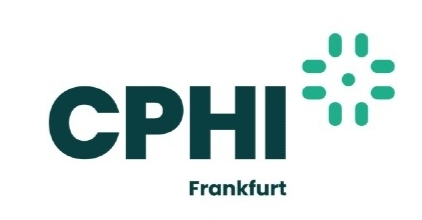- Home
- Education & Insights
- Search
- What Are the Challenges of Film Coating?
What Are the Challenges of Film Coating?

Film coating plays a big role in the pharmaceutical and nutraceutical industries, offering protection, stability, and improved patient compliance. However, the process of film coating comes with its own set of challenges.
Challenge #1: Regulatory Compliance
Regulations are constantly evolving, and film coating formulations need to evolve accordingly. Here are a few key regulations to be aware of:
- Titanium Dioxide Ban: The European Union has recently banned the use of titanium dioxide (TiO2) in food and nutraceutical products, leading to the need for alternative solutions. Over the past 5 years, Colorcon has actively been working on TiO2 free products to comply with these new regulations.
- Low Nitrite Content Requirements: The FDA and other regulatory bodies have recently set acceptable daily intake limits for nitrosamines. As a result, pharmaceutical companies have been requesting excipients with low nitrite content. Colorcon is preparing to launch Opadry LN™, a low-nitrite coating, for those companies having concerns about nitrites in their formulations.
- No one size fits all: Different regions have different regulatory requirements, and those requirements keep evolving. For instance, until recently, PVA was not allowed to be used in food supplements in Japan. This has changed as of this year but the difficulty remains that talc is not permitted in food supplements in Japan. As a result, Colorcon is developing new coatings based on PVA but without talc.
Challenge #2: Technical Challenges
Consistency and quality can be big challenges when it comes to film coatings.
Color consistency is clearly an edge that Colorcon film coatings have in the industry. It is important to ensure that batch-to-batch color is consistent.
For the pharmaceutical industry, high quality coatings and low defect rates is paramount. Colorcon technical experts can help manufacturers reduce defect rates and further enhance product quality.
Another key point is ensuring that coatings perform well across various types and sizes of coating equipment. When Colorcon launches a new coating, we conduct rigorous testing and validation to ensure new products are flexible and scalable.
Colorcon has an unrivalled business continuity plan (BCP) and we ensure that coatings meet exact same quality standards across all different manufacturing sites.
There are other challenges to deal with as well:
- Solubility Enhancement: Developing coatings that improve the solubility of active pharmaceutical ingredients (APIs) is a significant challenge. Colorcon continuously innovates in this area to enhance drug absorption and efficacy.
- Patient Experience: Improving the taste and swallowability of coated tablets is a must for patient compliance. Colorcon are conducting ongoing research to enhance flavored coatings offering and make medications more palatable.
Challenge #3: Moisture and Stability Issues
One of the main roles of a film coating is to protect the drug:
- Moisture Protection: Coatings must protect tablets from moisture, which can degrade the active ingredients. This requires careful selection of materials and formulations. Selecting suitable core excipients and packaging solutions will also help with holistic moisture management.
- Stability Under Different Conditions: Coatings must maintain their integrity and effectiveness under various storage conditions.
Challenge #4: Sustainability and Long-Term Capacity
The pharmaceutical industry has a very long-term view, and therefore, it is important to select suppliers that are sustainable and could support growth in many years to come.
Colorcon builds capacity ahead of demand in various parts of the globe to support their customers long-term. For sustainability and practical reasons, we aim to supply customers from the nearest site.
While Colorcon has plenty of capacity, some pharmaceutical manufacturers have capacity constraints, which could be a challenge for various reasons. Colorcon addresses this by developing coatings that can be applied more efficiently, thereby increasing throughput without compromising quality.
Closing Thoughts
Film coating faces numerous challenges, from regulatory compliance to technical constraints. Continuous innovation and rigorous quality control is crucial in overcoming these challenges.
Colorcon's proactive approach in addressing regulatory changes, enhancing patient experience, and developing sustainable solutions highlights their commitment to advancing film coating technology.



